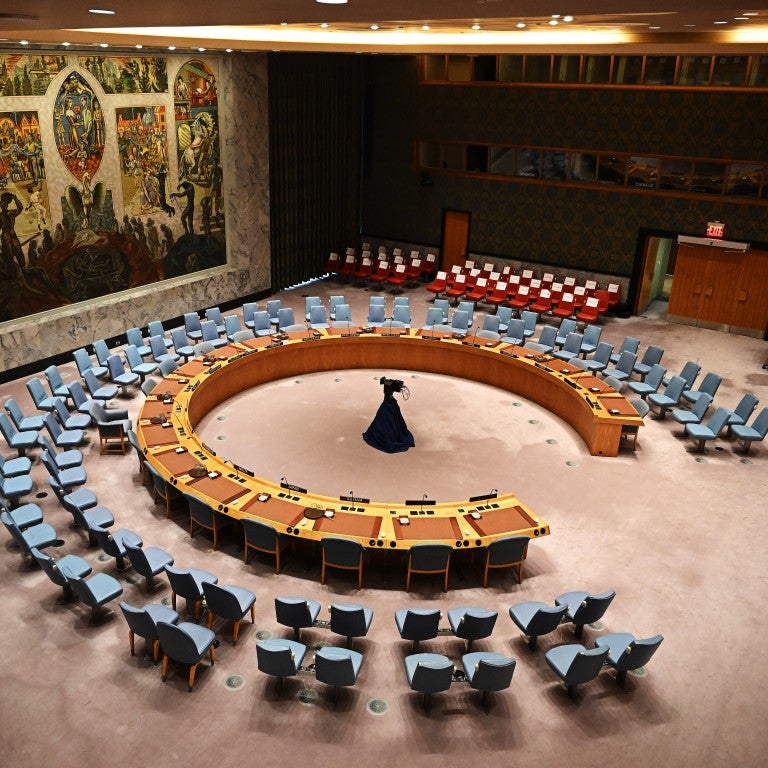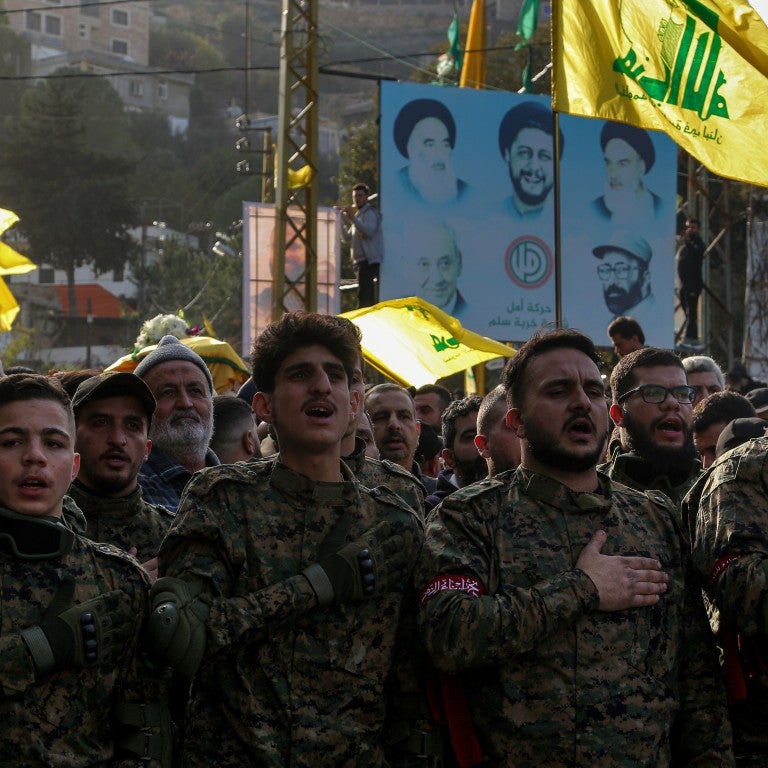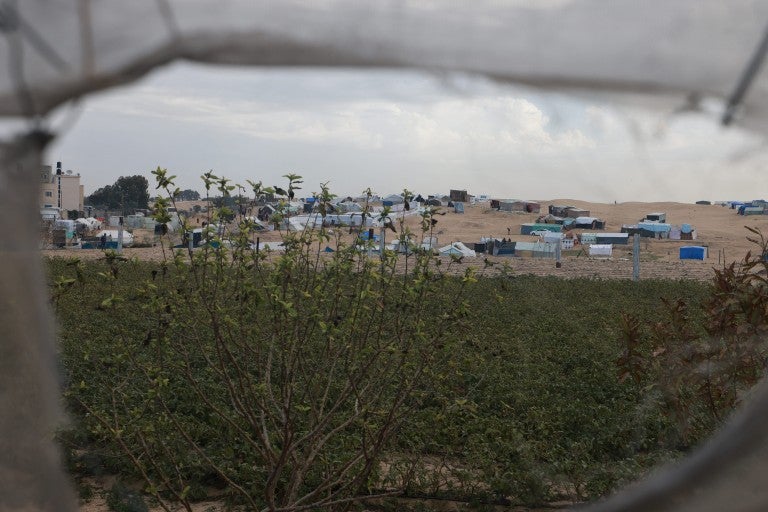October 7, 2024 — Cincinnati
The following column appeared in the Cincinnati Enquirer.
One year ago on October 7, Hamas terrorists shattered an existing ceasefire and invaded Israel, where they murdered 1,200 men, women, children, and babies; raped and sexually abused women and girls; and took more than 250 hostages.
It was the deadliest attack against Jews since the Holocaust. Every day since, Jews across Cincinnati have grieved, consoled – but also rallied and risen, supporting Israel and the 101 hostages still in captivity.
Cincinnatians have visited and supported Israel since its miraculous rebirth 76 years ago. Many have children, family, or friends in Israel. We have Israelis living in Cincinnati too, such as Ilan Goldman, who had two friends among the more than 350 people slaughtered by Hamas terrorists while attending the Nova music festival near the Gaza border.
Jews here in Cincinnati cannot begin to know the depth of anxiety, despair, and sheer anger that Israelis have experienced since October 7. But we do know what hate feels like. Since the attack, antisemitic incidents are now reported multiple times a week in Cincinnati.
Among them: a banner across Columbia Parkway that read “Save Ireland from the Jews,” 176 gravestones overturned in Jewish cemeteries, and ongoing extremist threats against Jewish institutions and places of worship.
Sadly, our kids are some of the most frequent victims. Swastika graffiti has become more common in schools, as has harassment, with comments like “all Jews have a nice die.” Many colleges lost their moral fortitude, becoming hotbeds for attacks on Jewish students who identify as Zionists (someone who supports the right to Jewish self-determination in their historic homeland).
Perhaps most harmful is the accusation of genocide hurled at Israel and even Jews locally. Many of us are deeply concerned about Palestinian suffering – every innocent life lost is a tragedy. But this battle is the most challenging urban war in history.
Hamas terrorists are embedded in tunnels under schools, hospitals, mosques, and homes. Using humans as shields is central to Hamas’s strategy. Casualties caught in battles are not victims of genocide. Israel, which gives its Palestinian Arab civilians – 21% of its population – full citizenship, is not a genocidal nation.
All people of goodwill should want a hostage deal and ceasefire in Gaza – and it must come with security guarantees that prevent radical groups from reemerging and starting yet another war.
Despite the daily challenges, the Cincinnati Jewish community has been resolute. Community members have volunteered on Israeli farms. Cincinnati Hillel has supported more Jewish students than ever before.
We are also heartened by the support we’ve received from allies and those who recognize the existential plague of hatred and antisemitism. We maintain hope in fighting anti-Jewish bias and in building bridges across political and ideological lines - and using the spirit of Cincinnati as a constructive mechanism for peace and understanding.
Toward that end, AJC Cincinnati has worked with local and state university administrators to ensure campuses are safe for Jews and all students, and educated public officials about how to recognize and respond to antisemitism. AJC also launched the Cincinnati Middle East Business Collective to harness our business community’s innovation and excellence as a tool to bring together local leaders with entrepreneurs from across Israel and the Arab world. It is a way to forge trust at a time when the Middle East needs it the most.
Jews have been resilient since the time of Abraham. We don’t cower. We lean into one another, find ways to persist, and support the community around us. That’s our story, before and after October 7. We truly believe that is what our story will continue to be – whatever the future holds for us.
Justin Kirschner is Director of the American Jewish Committee office in Cincinnati.






